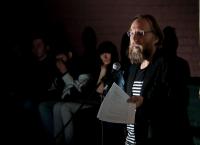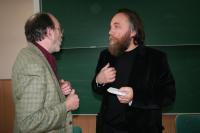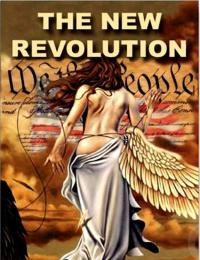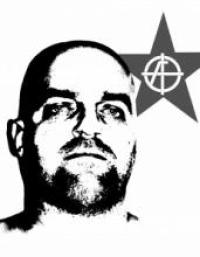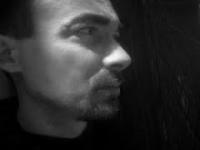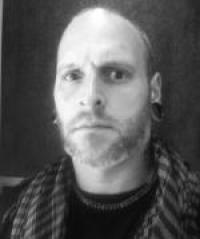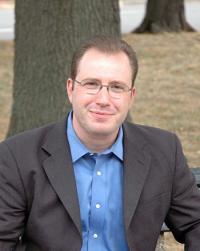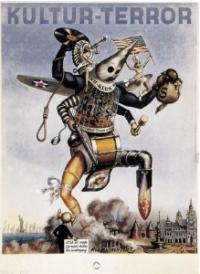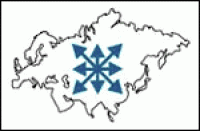KNOW YOUR ENEMY: MEDITATION ON THE FOURTH POLITICAL REALITY
According to Professor Dugin, there have been three distinct ideologies since the dawn of the modern age – Liberalism, Marxism, and Fascism – and we are now moving into the era of the Fourth Ideology. Dugin clearly hopes that he can influence how this turns out, but this is a paradoxical belief because underlying Dugin’s ideas is the notion of a kind of natural progression of ideologies.
This deterministic pattern is apparent if we consider the subjects of the three ideologies, which are, in ascending order, the individual, the class, and the nation. Dugin’s hope is that the subject of the Fourth Ideology will be Heidegger’s concept of Dasein, which, in its essence, is almost a kind of animism in that it is a rejection of the hyper-connectivity and hyper-standardization of modernity.


